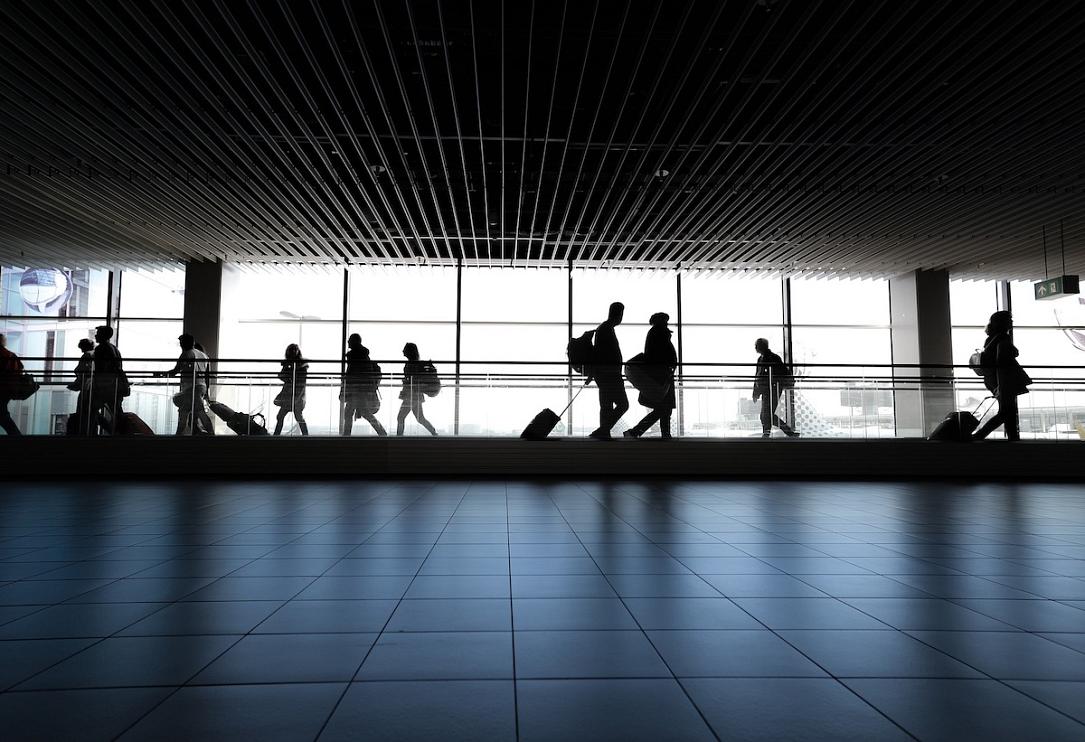Update - Coronavirus: Romania suspends flights, buses and trains to Italy, additional measures in place



Update: Romania's National Committee for Special Emergency Situations decided on Monday, March 9, to suspend all direct bus lines and trains to and from Italy from March 10 until March 31, minister of interior Marcel Vela announced on Monday evening, after the committee's meeting.
One day earlier, the committee decided to suspend all flights between Romania and Italy are suspended between March 9 and March 23 because of the coronavirus outbreak.
“The suspension of all flights to and from Italy on all airports in the country is approved beginning March 9, 12:00 until March 23, 12:00,” Vela said on Sunday.
Romanian citizens arriving from Italy, China, Iran, and South Korea at terrestrial border points will be allowed into the country only under the compulsory measure of being quarantined.
Those returning to the country will be asked to sign a declaration that they do not come from a quarantined area and risk sanctions if proven otherwise.
At the same time, air carriers are compelled to not allow the boarding of citizens others than Romanians coming to Romania, with a layover, from Italy, China, Iran and South Korea, the Interior Affairs Ministry (MAI) said.
Foreign citizens arriving from Italy,China, Iran and South Korea, regardless of the means of transportation used, will be allowed into Romania only if they enter quarantine or isolation.
Freight transports of up to 3.5 tons and maritime transports are the exceptions.
Minister Vela issued an appeal to Romanians returning to the country to accurately declare where they are coming from.
“On the air routes it is easy to check the route of a person. On rail and road routes it is more complicated to check the itinerary. I’m making an appeal to our compatriots, they are responsible for the health of their families. They should not do what a Romanian citizen did when saying that he was returning from Germany but was coming from Italy and was infected. The Interior Affairs Ministry (MAI) will intensify checks, we will undertake ample checks and the truth will come out eventually. Nobody should think that if they make a false statement we will believe it without undertaking checks,” Vela said.
The authorities plan to supplement the available quarantine places, given the increasing number of people returning from areas where the Covid-19 coronavirus is widespread, Raed Arafat, the head of the Emergency Situations Department said, quoted by News.ro.
The Carol Davila University of Medicine and Pharmacy in Bucharest decided to suspend courses until the end of March, while the Grigore T.Popa University of Medicine and Pharmacy in Iaşi decided to suspend courses on March 9 and March 10, and hold courses online between March 11 and March 31, Agerpres reported.
Additional measures for Bucharest public transport
The Bucharest subway operator Metrorex has put the maximum number of trains into use and waiting times are in between 2 and 4 minutes on the most crowded lines, transport minister Lucian Bode said. The minister said the authorities were trying to come up with additional measures to streamline the access to and out of the subway stations and prevent overcrowding, News.ro reported.
The minister said all subway trains are disinfected every 12 hours.
Over 600,000 people use the subway daily in Bucharest, the minister said.
Meanwhile, more vehicles will enter into use in the overground public transport system to avoid crowding, Aurelian Bădulescu, the deputy mayor of Bucharest, said.
Bădulescu said the Local Police will perform checks to make sure nobody is organizing assemblies of over 1,000 people, which have been banned to avid the spread of the Covid-19 coronavirus.
Fifteen coronavirus infection cases were confirmed in Romania by Sunday, March 8. Most cases of coronavirus reported so far in Romania have been imported from Italy, according to the authorities.
The authorities also decided to ban events with more than 1,000 participants, while events with less than 1,000 participants need to be approved by the local authorities, based on a case by case analysis.
(Photo: Pixabay)
editor@romania-insider.com